Why were windows bricked up in old houses in England?
If you ever want to travel to England (or have already done so), then you will probably be surprised by one interesting feature of local buildings - bricked-up windows. Moreover, sometimes this is done in a completely incomprehensible way: most of the openings are closed, and the house itself is left without sunlight. But this oddity has a very simple (and, indeed, logical) explanation.
Vampires who hide from the light, unfortunately, have nothing to do with this. The version is definitely cool though.
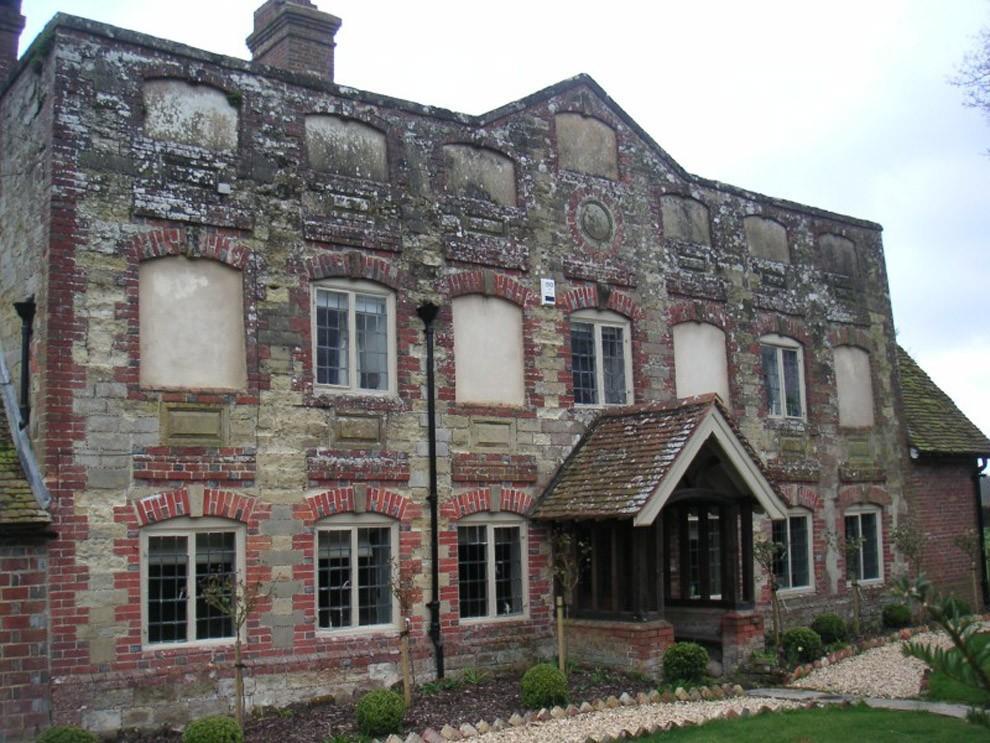
Window tax!
In 1696, a very incomprehensible law was passed in England: to pay a tax on... windows. It was introduced in order to cover the costs of making coins, and it operated for quite a long time - more than 100 years. Moreover, it was necessary to pay not only for window openings, but in general for any that could in one way or another be adapted for a window.
The government explained this decision very simply: the more windows in a building, the more money is spent on it, that is, in fact, it is more expensive to maintain and maintain.
In general, such a tax has a certain logic, because rich people could easily build themselves a huge house with a large number of openings, and with the help of a tax it was possible to “force” them to pay more money to the treasury.
Another thing is the poor. As a rule, they did not own personal real estate, and therefore they had to rent housing in apartment buildings. So they paid for the windows. Moreover, it was forced, since they had no other choice.
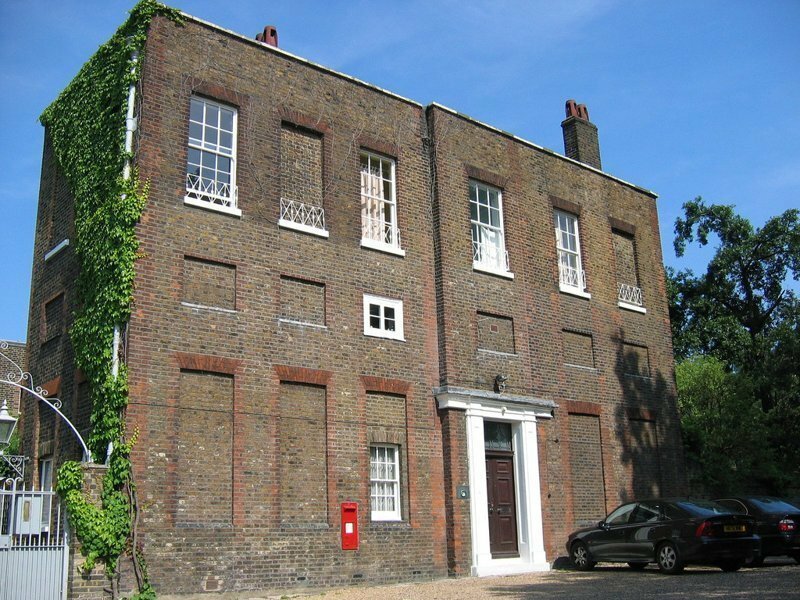
In a fit of philanthropy, the authorities decided to exempt owners of houses with less than ten windows from the tax. In addition, you only had to pay for those windows that faced the street. Those leading to the inner courtyard were not taxed.
The rich turned out to be much more cunning: they simply took and walled up part of the windows in order to save their money. And if it was planned to build a house, then they made much fewer openings.
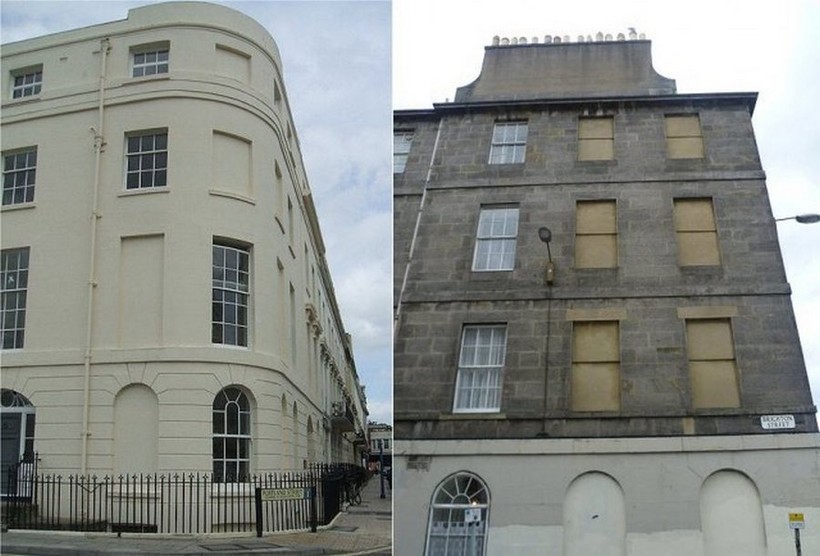
Just a few years after the introduction of the absurd tax, doctors came to the conclusion that the number of sharp deterioration in the health of the population had increased several times, especially among children. People lived in dark rooms without fresh air, which eventually led to outbreaks of smallpox, typhus and cholera.
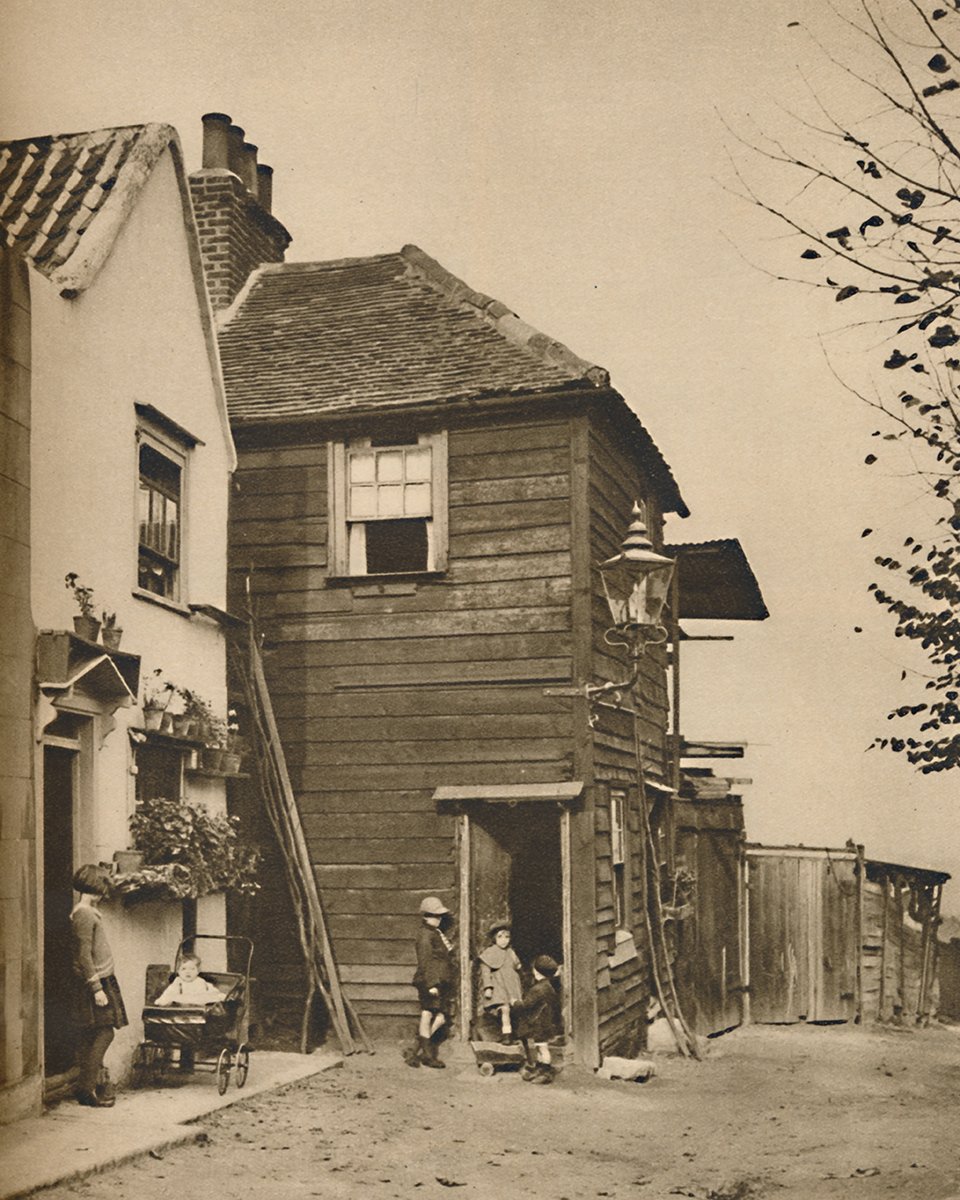
By the way, the famous writer Charles Dickens blamed the authorities for such a law, expressing the opinion that poor people have lost what nature gives them (and for free) - sunlight and air. In 1851, the tax was abolished, and the houses still stand with bricked-up openings to this day.
At one time, opponents of the law called the tax on windows a “tax on light and air.”
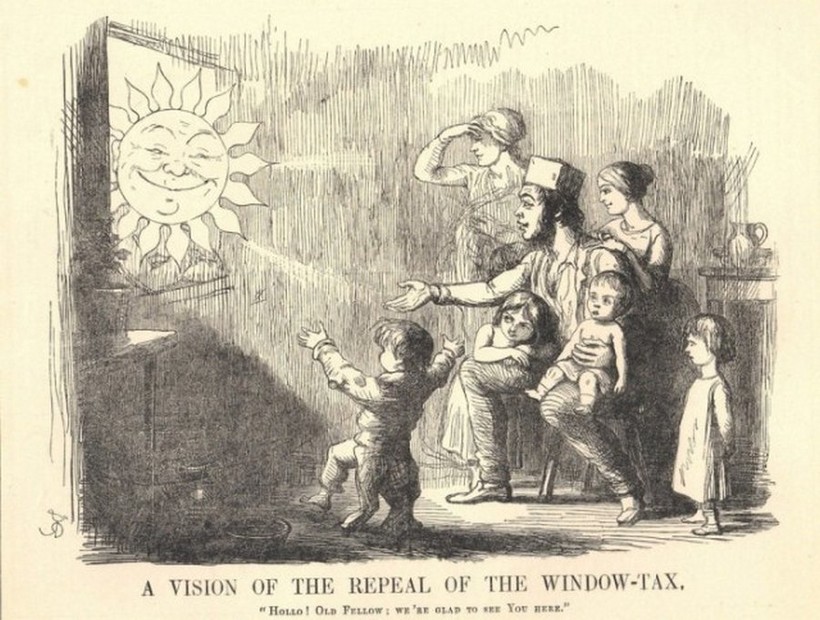
In general, this is not the only ridiculous law that they could come up with in England. In 1784, an equally cruel tax was introduced for all Englishmen - on bricks! The total amount depended on how many bricks were used to build the building. But here, too, the British were cunning: they built houses from larger materials, thereby significantly reducing the amount of tax.
The brick tax was introduced because the country did not have enough money to continue the military campaign in the American colonies.
These are the interesting laws that once existed in Britain. In my opinion, it is a pure mockery of its own population.





